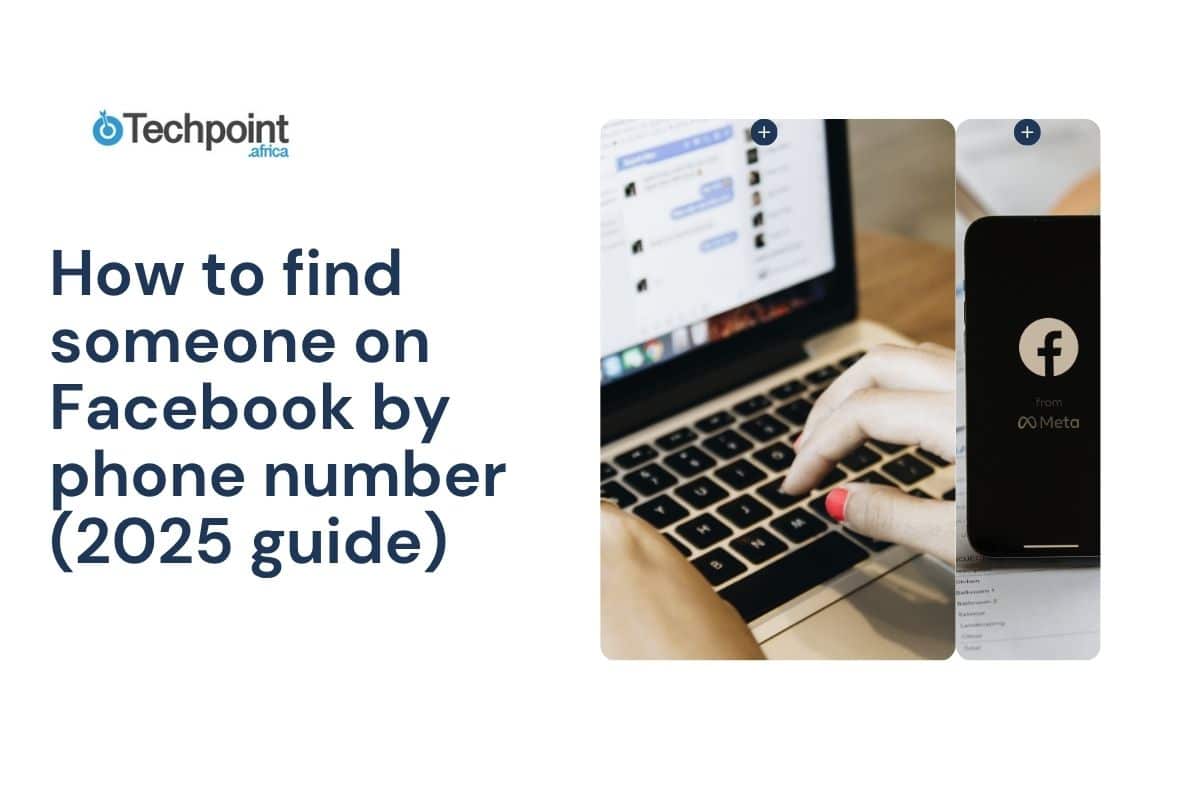The news:
- Meta, the parent company of Facebook, Instagram, and WhatsApp, has disclosed that it’s working closely with South Africa’s Independent Electoral Commission (IEC) to prevent all its platforms from being weaponised as misinformation tools during the May 29, 2024 elections.
- Commenting on the arrangement, Nick Clegg, Meta President of Global Affairs, intimates that the tech giant has provided the IEC with extensive guidance on using social media platforms constructively.
- He explains that Meta has completed several rounds of training with the Southern African nation’s Electoral Commission, especially on how to effectively deploy the WhatsApp bot to relay crucial updates to electorates and share relevant information about the election.
The company claims that it has briefed participating political parties and parliamentary committees on election readiness and demonstrated how its tools work.
Meta acknowledges that 2024 will be challenging, from having the most national elections to the rapid proliferation of new technologies such as generative AI. It also says it is not surprising that it will face numerous challenges.
“I spend probably the bulk of my time at the moment on exactly that (generative AI): how do we make sure that we have the right guardrails in place, given this technology is so new,” Clegg assures on behalf of Meta.
According to Meta, concluded elections in other countries seemed to have seen minimal AI manipulation, as opposed to the “society-wide election-disrupting scale” kind that experts fear, but that could change anytime, so there can’t be room for complacency.
In February 2024, Meta partnered with other tech companies like Adobe, Amazon, Google, IBM, Microsoft, OpenAI, TikTok, and X to enhance its capacity to deal with misinformation at the 60th annual Munich Security Conference.
Per Clegg, “You can’t control or regulate something you can’t identify in the first place. Identifying the origin, the provenance, and detecting the genesis of synthetic content is quite important.”
The elections, which mark the first time independent candidates can compete for national and provincial office, will see about 370 eligible political parties participate in the election.
Also, for the first time, South Africans living or travelling abroad can register to vote in the national elections via the new online voter registration system, which launched in December 2023.
So far, however, the IEC has already experienced two data breaches, exposing the parliamentary candidate lists of two political parties. There’s an ongoing investigation by the country’s information regulator in line with the requirements of the Protection of Personal Information Act (POPIA).











